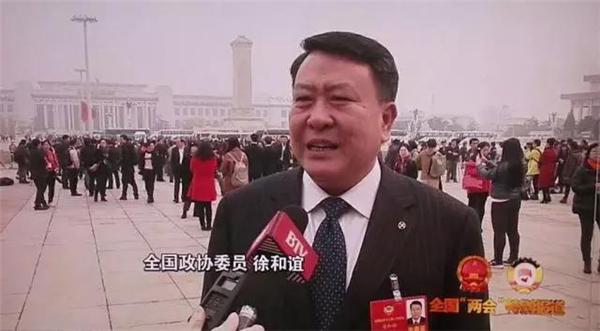BAIC chairman suggests stepping efforts on development of EV charging infrastructure

Shanghai (ZXZC)- Xu Heyi, secretary of party committee and chairman of BAIC Group made proposals during the two sessions (the NPC and CPPCC) that China should attach greater importance to improving NEV infrastructure.
Chinese NEV market has entered into a fast-growing period since 2014, while the infrastructure of pure electric vehicles still lags behind its fast-growing sales. Whether customers prefer pure electric vehicles or not would greatly depend on the convenient and quick charging service from the charging infrastructure. By the end of 2017, the national NEV parc reached 1,729,000 units and the parc of pure electric passenger vehicle reached 801,000 units. However, the total public charging piles only reached 214,000, lagging far behind the 2020 target of 4,800,000 charging piles in 2020. Therefore, China should step up efforts to provide more and better NEV infrastructure service.
The relatively backward NEV charging infrastructure is mainly caused by four problems in the development of charging infrastructure, namely the difficulties in sites, expansion, coordination and management. To solve these problems, Xu Heyi proposed to accelerate the construction of charging infrastructure. His suggestions are as following.
First, China should plan and deploy charging infrastructure dynamically. Specifically, it should accelerate the R&D of advanced charging technologies, and modify and upgrade power supplying facilities. What's more, China should also formulate and complete the construction standards for newly-built residential houses and public parking lots.
Second, management of charging infrastructure should be considered as the special tasks for local governments at all levels.
Third, Xu Heyi suggested that it should accelerate the standardization of charging service fees and the connection of background settlement system.
Fourth, Xu proposed government to offer political support for the emerging business modes in battery charging and swapping area, including policies on the application and approval of sites as well as financial support.

